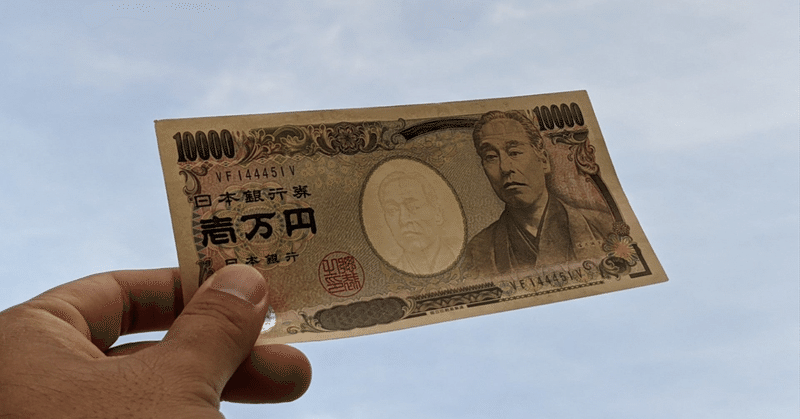
What are the implications of economist Zhang Wuchang's proposal for China to expedite the increase of its inflation rate to approximately 6%?
Economist Zhang Wuchang highlights the challenges in achieving specific economic objectives, using China's inflation target as a case in point. He argues that while elevating inflation to 6% might ostensibly benefit those with substantial debt in China, a nation grappling with significant debt burdens, the practicality of this approach is questionable. Zhang underscores that effective inflation management requires widespread wealth, not just state affluence. In a scenario where wealth is concentrated in the hands of a few, the appearance of a capital-rich nation is misleading. Without broad-based prosperity, demand for basic and industrial goods remains stagnant, hindering the drive towards inflation. The common misconception that mere monetary abundance triggers inflation is only partly true. The key, Cheung asserts, is the equitable distribution of wealth. He contrasts this with the United States, where inflationary pressures are partly attributed to money being disbursed across the populace. In China, however, with wealth concentrated among a minority, the majority's purchasing power diminishes, potentially leading to price deflation.
この記事が気に入ったらサポートをしてみませんか?
